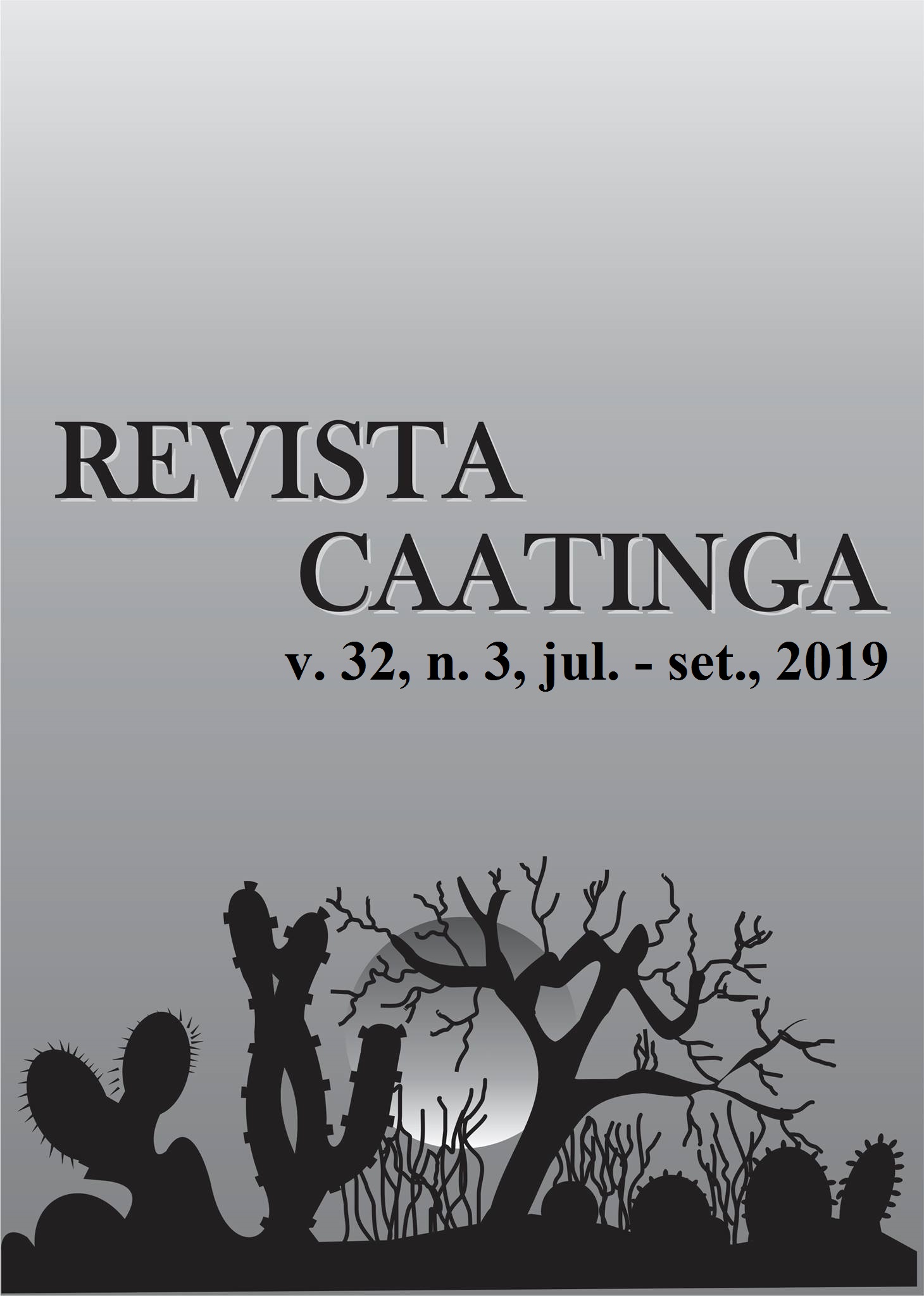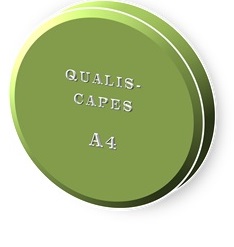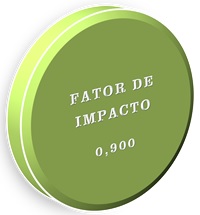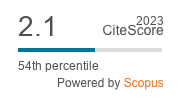GENETIC DIVERSITY OF ISOLATES OF Colletotrichum spp. IN BANANA
DOI:
https://doi.org/10.1590/1983-21252019v32n304rcKeywords:
Variability. ISSR-PCR. Musa spp.Abstract
Colletotrichum spp. is a pathogenic fungus of great importance in banana cultivation since it affects the fruit both in the field and in the post-harvest period, depreciating its commercial value. Although this disease is widely distributed in regions of banana cultivation, the different levels of aggression suggest the existence of genetic variability among Colletotrichum spp. isolates. The objective of the present study was therefore to verify the genetic diversity of Colletotrichum spp. in banana fruits presenting anthracnose symptoms using both molecular marker ISSR and morphological characterization. We obtained 30 isolates of the fungus from banana fruits from different states of Brazil and performed molecular characterization with five primers using the ISSR-PCR technique. The results were used to construct a dendrogram, relating the isolates according to their genetic proximity. The morphocultural characterization was performed by analyzing colony coloration and growth rate. These methods allowed us to reveal genetic and morphocultural variability among isolates.
Downloads
Downloads
Published
Issue
Section
License
Os Autores que publicam na Revista Caatinga concordam com os seguintes termos:
a) Os Autores mantêm os direitos autorais e concedem à revista o direito de primeira publicação, com o trabalho simultaneamente licenciado sob a Licença Creative Commons do tipo atribuição CC-BY, para todo o conteúdo do periódico, exceto onde estiver identificado, que permite o compartilhamento do trabalho com reconhecimento da autoria e publicação inicial nesta revista, sem fins comerciais.
b) Os Autores têm autorização para distribuição não-exclusiva da versão do trabalho publicada nesta revista (ex.: publicar em repositório institucional ou como capítulo de livro), com reconhecimento de autoria e publicação inicial nesta revista.
c) Os Autores têm permissão e são estimulados a publicar e distribuir seu trabalho online (ex.: em repositórios institucionais ou na sua página pessoal) a qualquer ponto antes ou durante o processo editorial, já que isso pode gerar alterações produtivas, bem como aumentar o impacto e a citação do trabalho publicado (Veja O Efeito do Acesso Livre).







